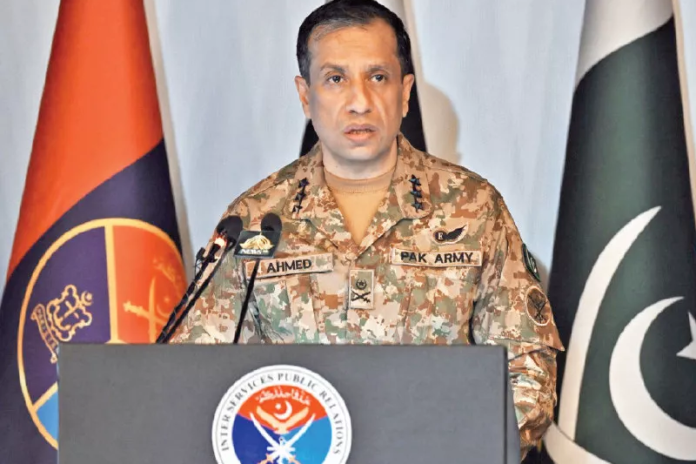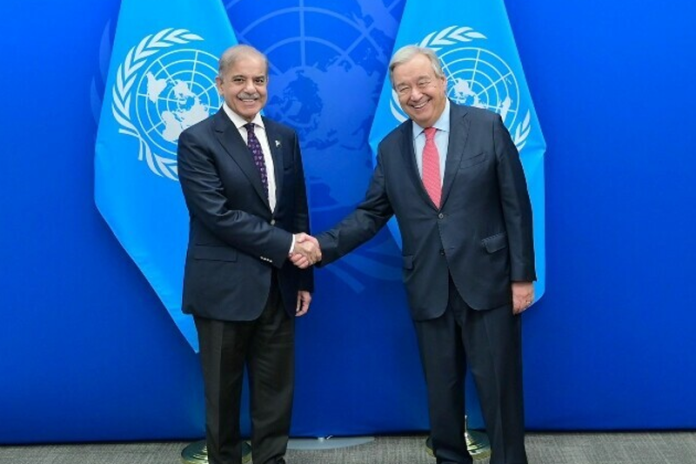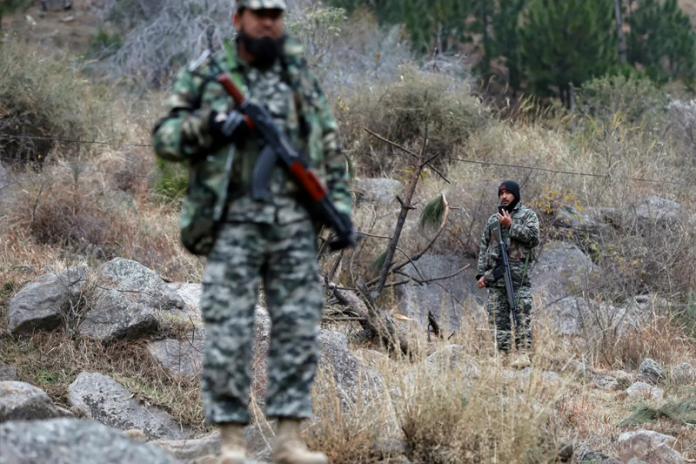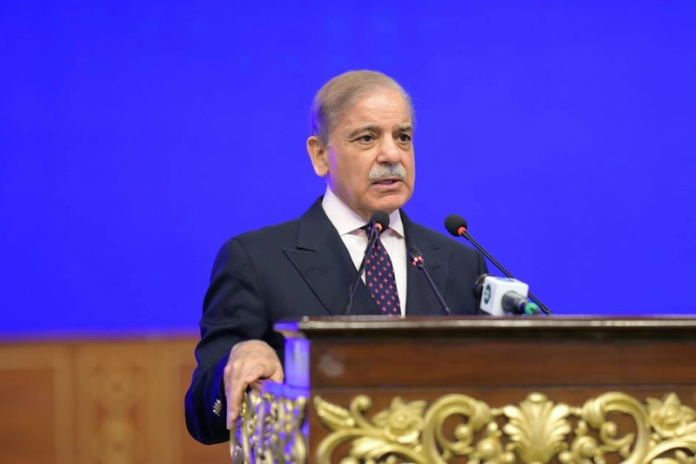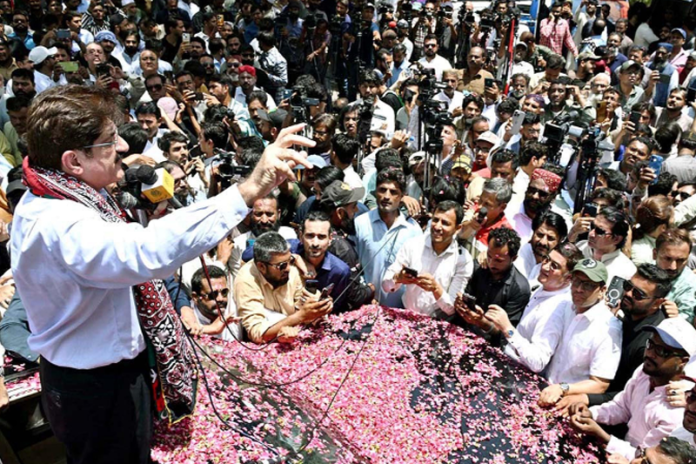Economic issues in Pakistan: A comprehensive analysis

- 199
- 0
Pakistan, a country rich in cultural diversity and potential, faces significant economic challenges that have profound effects on its population and future prospects.
In this article, we delve into three critical economic issues: inflation and its impact on the population, economic growth prospects, and challenges, and Pakistan's trade relations and international economic partnerships. Inflation and Its Effects on the Population Inflation has been a persistent issue in Pakistan, impacting the cost of living for its citizens. In recent years, the country has experienced fluctuating inflation rates, driven primarily by factors such as currency devaluation, energy prices, and food inflation.
1. Currency Devaluation: The depreciation of the Pakistani Rupee against major currencies like the US Dollar has contributed significantly to inflation. A weaker currency makes imports more expensive, leading to higher prices for goods and services domestically. 2. Energy Prices: Pakistan heavily relies on imported energy sources such as oil and gas. Fluctuations in global energy prices directly affect domestic prices, including transportation costs and electricity tariffs, thereby increasing overall inflationary pressures.
3. Food Inflation: Agriculture plays a crucial role in Pakistan's economy, yet food inflation remains a persistent challenge. Factors such as inadequate infrastructure, water scarcity, and inefficiencies in distribution contribute to price volatility in essential food items. The consequences of inflation are profound for the population, especially affecting low-income households. It erodes purchasing power, reduces savings, and increases poverty levels. Moreover, high inflation rates hinder long-term economic stability and deter foreign investment. Economic Growth Prospects and Challenges Pakistan has immense economic potential, yet realizing sustainable growth remains a daunting task amidst various challenges. 1. Infrastructure Deficit: Insufficient infrastructure, including energy, transportation, and telecommunications, hampers industrial productivity and economic expansion. Investment in infrastructure development is crucial for enhancing competitiveness and attracting foreign investment.
2. Political Instability: Political uncertainty and governance issues have often disrupted economic policies and reforms, creating an unpredictable business environment. Stable governance and consistent economic policies are essential for fostering investor confidence and sustainable growth. 3. Skill Development and Education: Despite a young and growing population, Pakistan faces challenges in providing quality education and vocational training.
A skilled workforce is critical for technological advancement, innovation, and economic diversification. 4. External Debt Burden: Pakistan's reliance on external borrowing to finance budget deficits and infrastructure projects has led to a substantial debt burden. Managing debt sustainability and fiscal discipline are essential for long-term economic stability. Trade Relations and International Economic Partnerships Pakistan's trade relations and international economic partnerships play a pivotal role in shaping its economic landscape and growth trajectory. 1. Regional Trade Dynamics: Pakistan is strategically located, offering significant opportunities for regional trade integration. Strengthening trade ties with neighboring countries such as China, India, and Afghanistan can unlock economic benefits and enhance market access for Pakistani goods. 2. Global Trade Agreements: Participation in international trade agreements and organizations, such as the World Trade Organization (WTO), provides Pakistan with opportunities to expand its export base and attract foreign direct investment (FDI). Effective utilization of trade agreements can reduce trade barriers and promote economic diversification. 3. Investment and Technology Transfer: Foreign direct investment (FDI) plays a crucial role in stimulating economic growth and technological advancement. Creating a conducive business environment, safeguarding investor rights, and promoting innovation are key to attracting FDI inflows. In conclusion, addressing inflationary pressures, fostering sustainable economic growth, and strengthening international economic partnerships are imperative for Pakistan's economic development.
Overcoming these challenges requires comprehensive policy reforms, investment in infrastructure and human capital, and a commitment to enhancing trade relations both regionally and globally. By addressing these issues proactively, Pakistan can harness its economic potential and improve the livelihoods of its citizens in the years to come.

